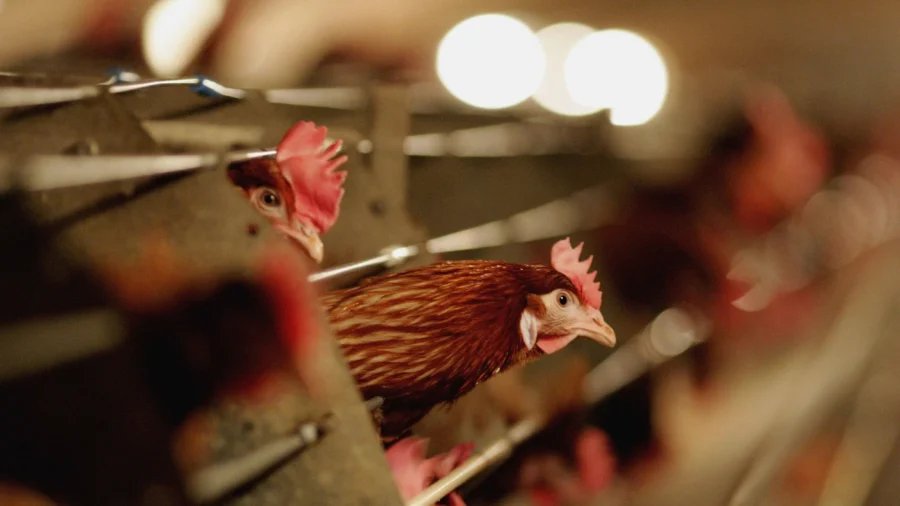Many Americans do not have existing immunity to the highly pathogenic avian influenza, a new study indicates.
The U.S. Centers for Disease Control and Prevention (CDC) collected blood from 489 people and tested their blood for antibodies against clade 2.3.4.4b A H5N1, a strain of the avian influenza that is currently circulating in the United States.
“This study found no pre-existing neutralizing antibodies to 2.3.4.4b. A(H5N1) and that fewer than 1% of people had low binding antibodies,” a CDC spokesperson told The Epoch Times in an email.
The data mean “that there is little to no pre-existing immunity to this virus and most of the population would be susceptible to infection from this virus if it were to start infecting people easily and spreading from person-to-person,” the CDC said.
The avian influenza, or bird flu, has been circulating in the country for years among poultry. Only one confirmed human infection was confirmed before 2024.
But the influenza jumped to cattle in late 2023 or early this year. Cases have been confirmed in 112 herds across 12 states, and cattle are believed to have transmitted the flu to at least three people out of about 45 tested, according to federal and state authorities.
The virus is likely spreading from animals, equipment, and workers moving on and between farms, according to the U.S. Department of Agriculture. Officials are recommending farms restrict cattle movement and farm visitors while ramping up cleaning procedures and providing workers with protective equipment.
There are no signs as of yet that the flu is spreading from person to person, the CDC and other experts say, although some say not enough testing is being done.
“To monitor the escalating threat to humans of the H5N1 avian flu virus, we need to up our game: There needs to be more testing of dairy workers,” Dr. Henry Miller, a former U.S. health official, said on the social media platform X. He said that wastewater surveillance should also be expanded.
CDC officials have defended the current testing regime, which only tests people who are exposed and experience symptoms.
The three confirmed human infections this year have all been among farmworkers.
In the CDC’s blood test study, none of the participants were farm workers, according to the agency spokesperson. Each gender was represented about equally. Most participants were aged 41 or older, although there were 115 between 21 and 40 and 36 aged 20 or younger.
Participants were paid for providing the blood.
The CDC conducted the study to determine whether the U.S. population has any existing immunity to the flu.
The finding of low immunity “is not unexpected because A(H5N1) viruses have not spread widely in people and are very different from current and recently circulating human seasonal influenza A viruses,” the CDC said.
The agency shared the results ahead of peer review. It plans to file a manuscript with a journal at some point in the future, and there is no timeline to conduct additional studies, the spokesperson said.
Drugs used to treat the seasonal flu have worked well against H5N1 viruses in other testing. The three farm workers were treated with the drugs and have since recovered.
Worldwide since 2003, of the close to 900 human infections reported, more than half have ended in death, according to the World Health Organization.
That high mortality rate could stem from a lack of existing immunity, Jeffrey Ravetch and Stlianos Bournazos, professors at the Leonard Wagner Laboratory of Molecular Genetics and Immunology, said in a recent commentary.
Current influenza vaccines do not protect against H5N1, according to U.S. officials.
Some companies are developing vaccines against the bird flu, including CSL Seqirus. The U.S. government has already ordered 4.8 million doses from the company.
Manufacturing is slated to be done by the end of the summer, Dr. Mark Lyons, a U.S. Department of Agriculture official, said on a recent call with reporters. “No plans at this time to manufacture or procure more doses,” he said.
From The Epoch Times

